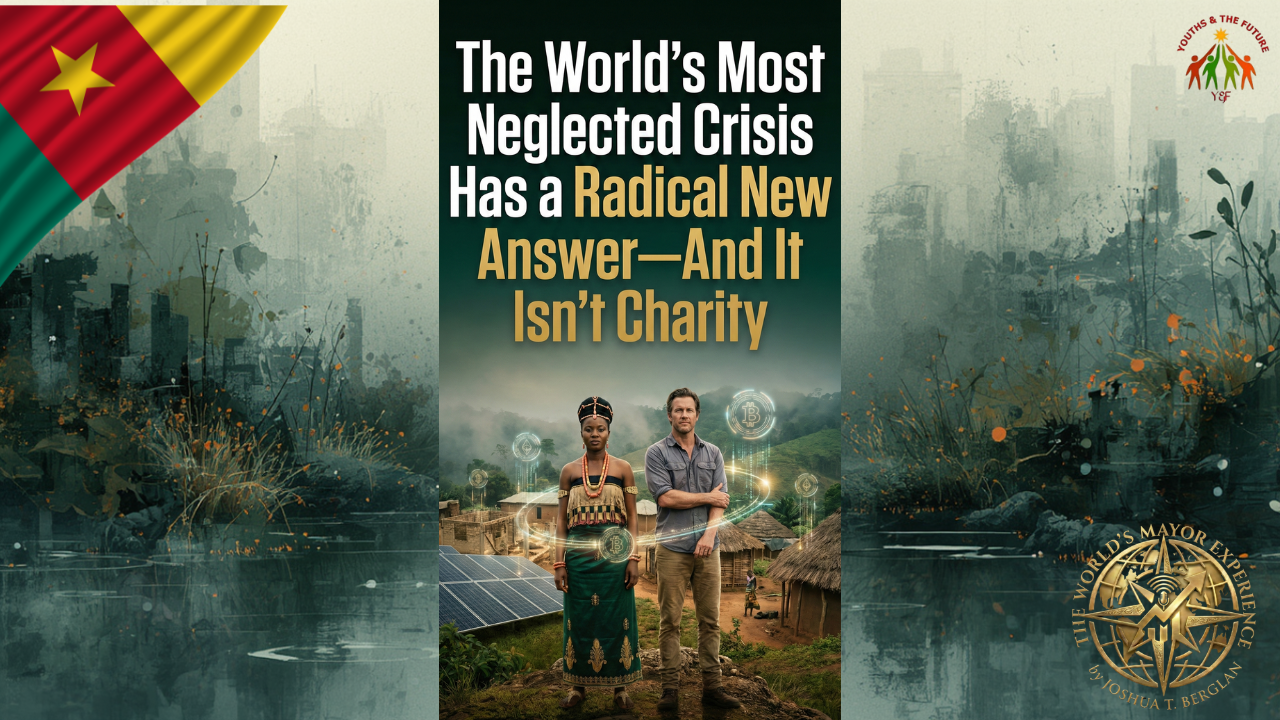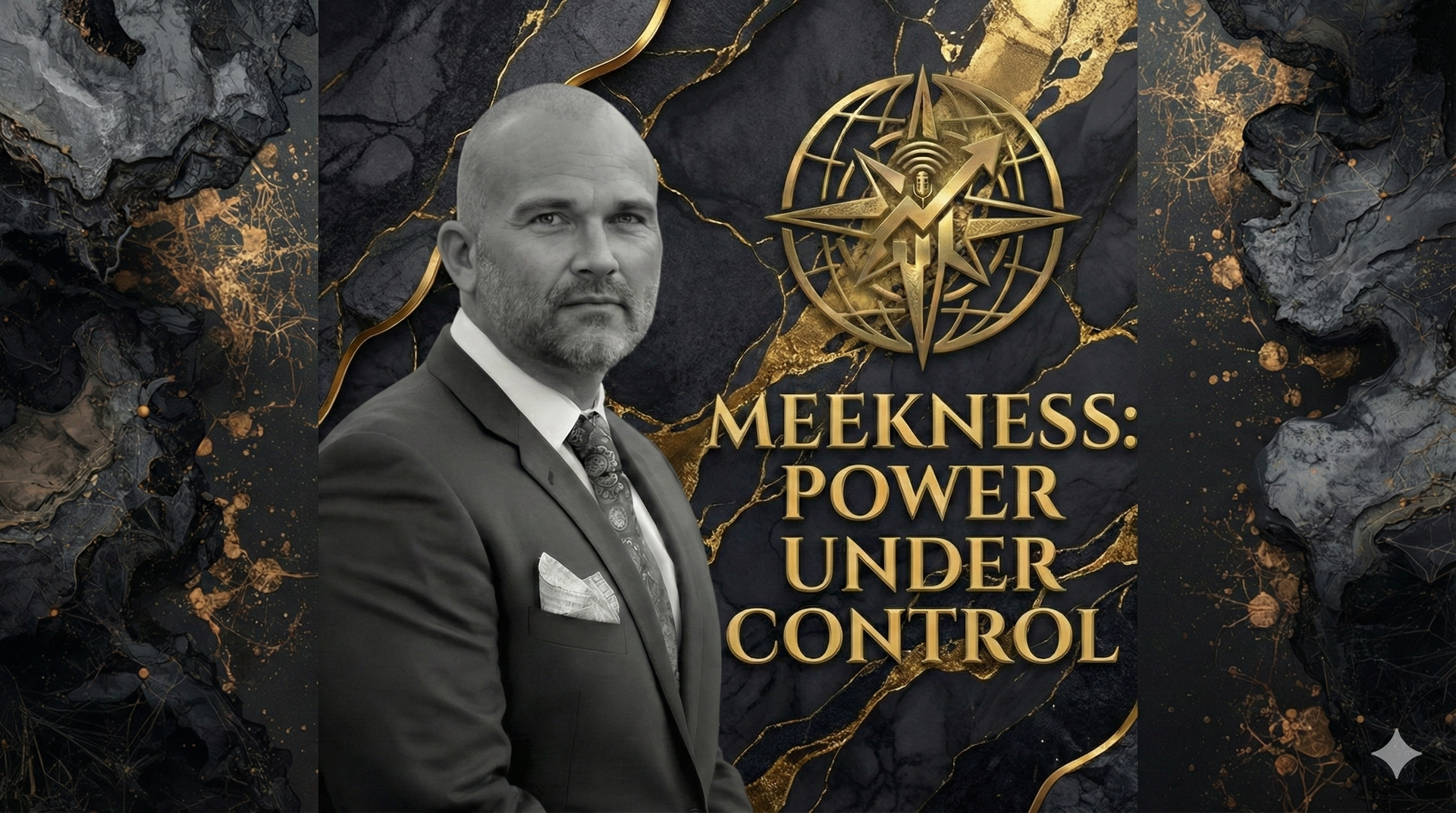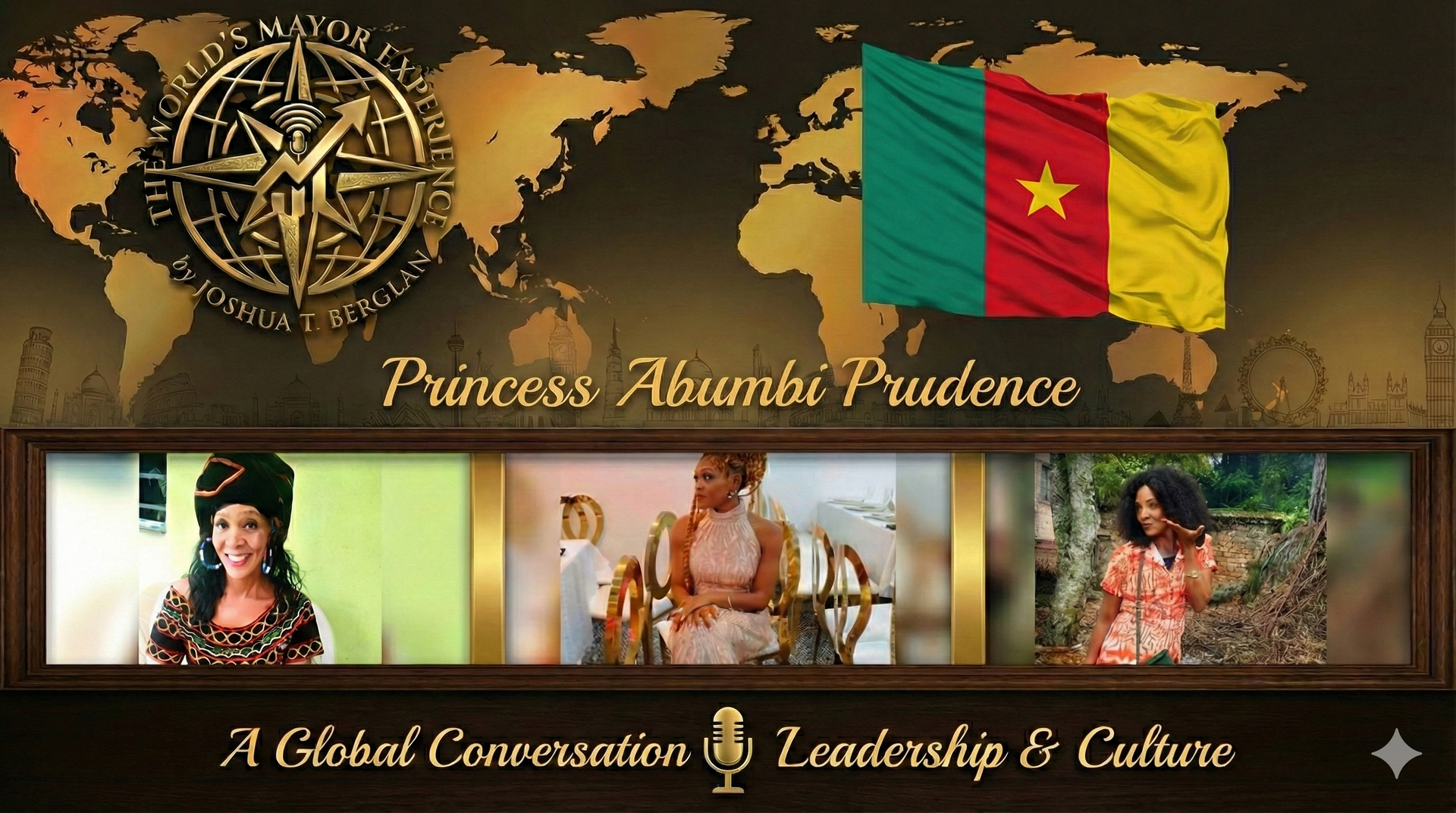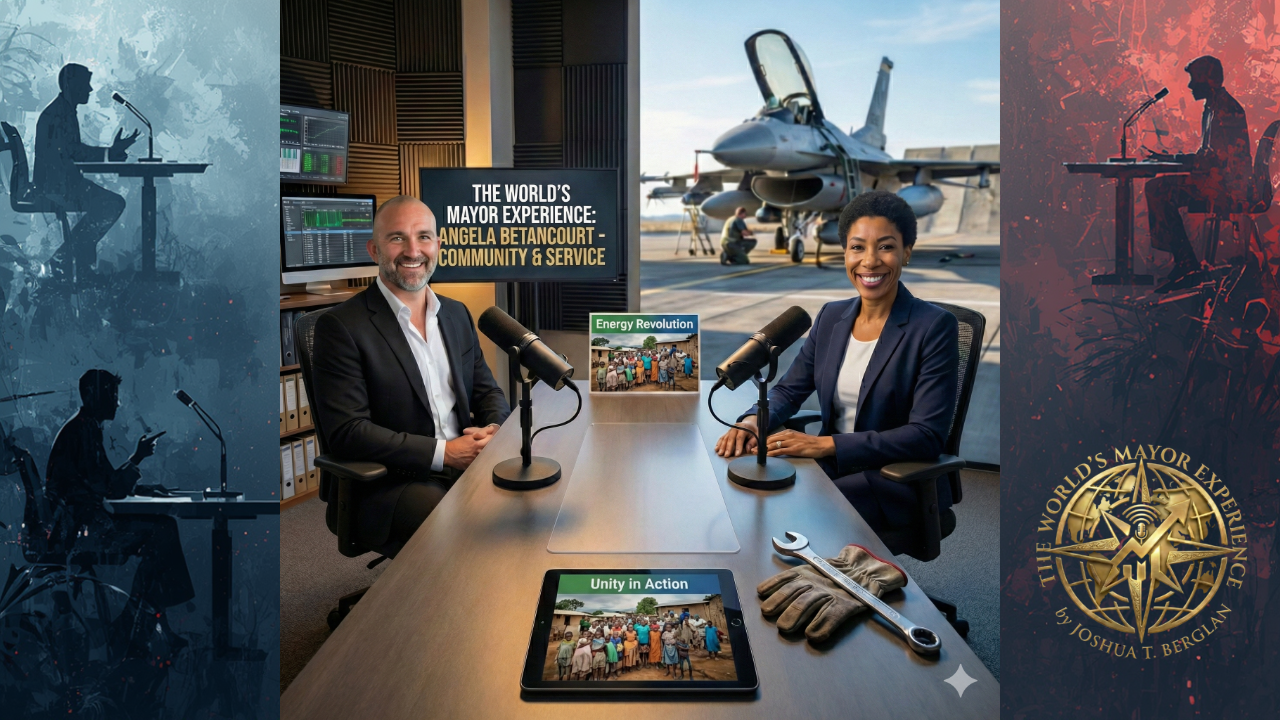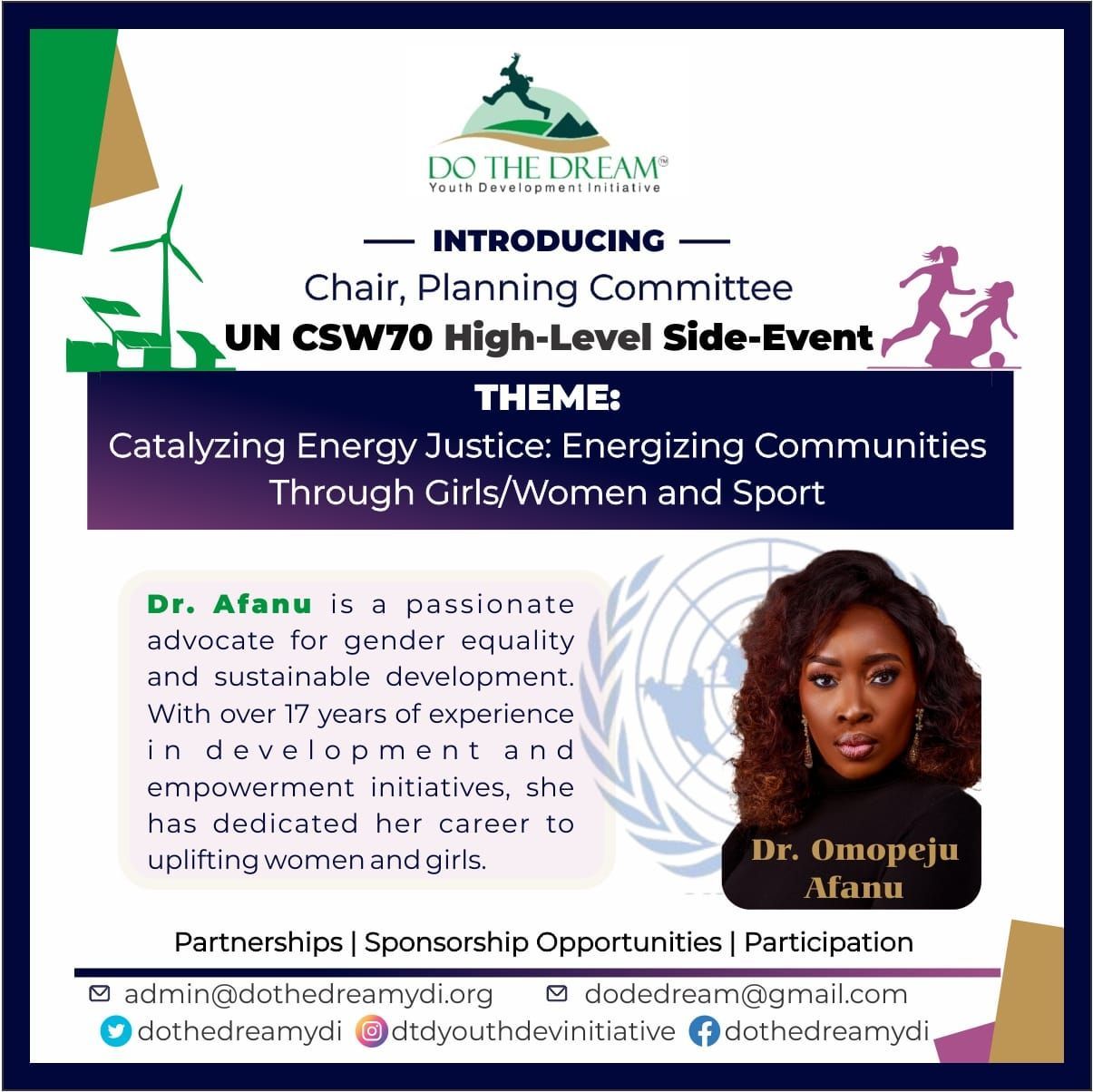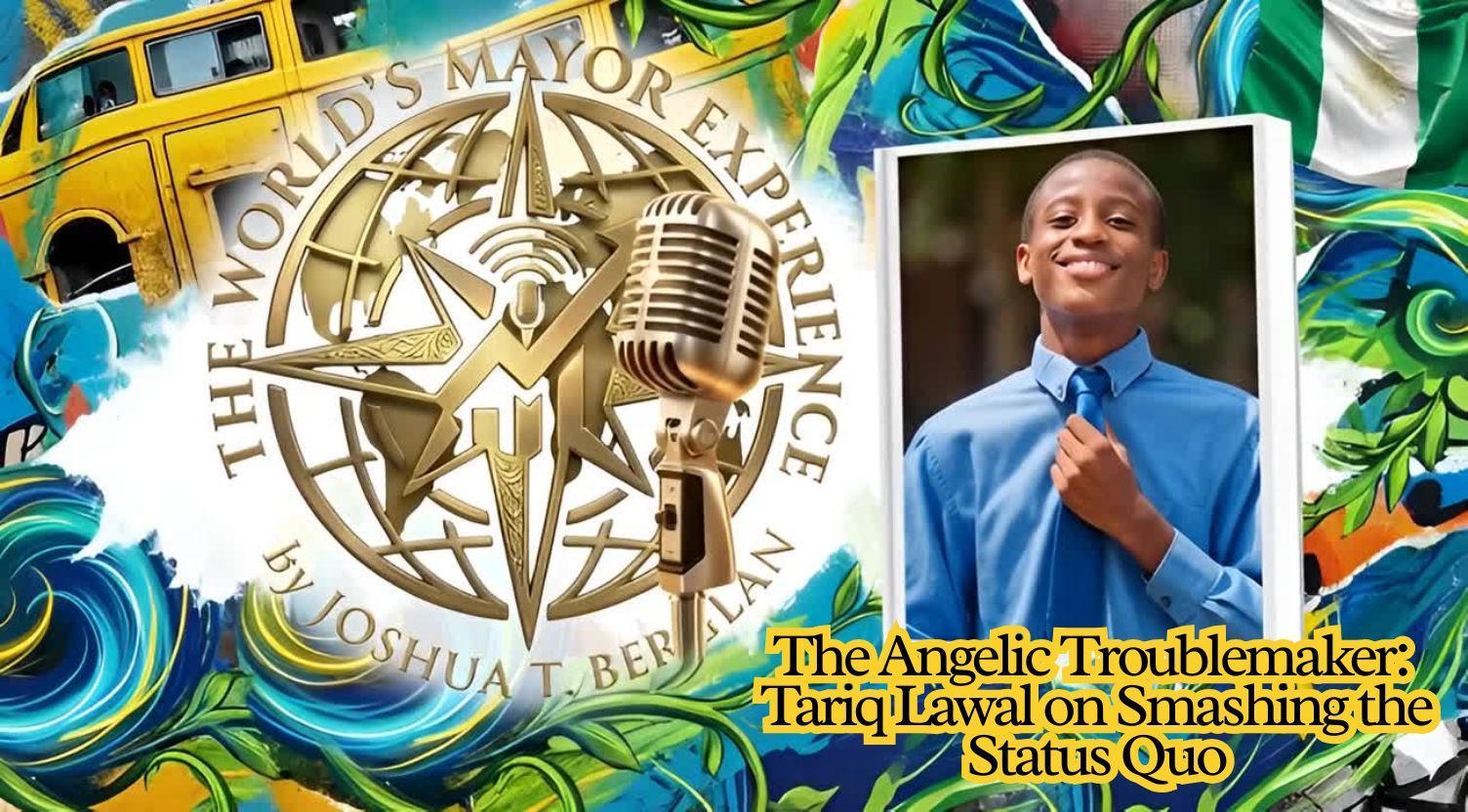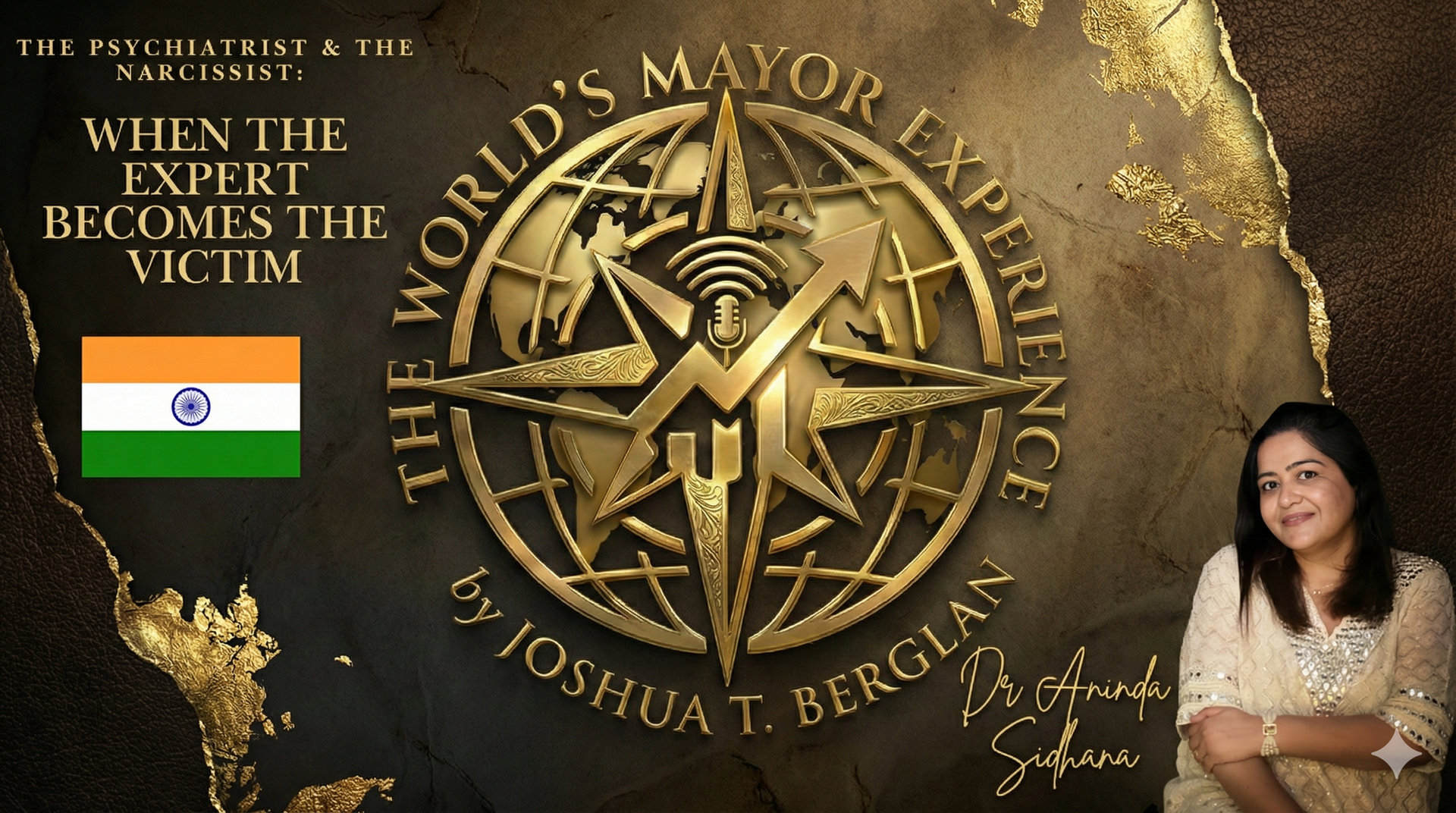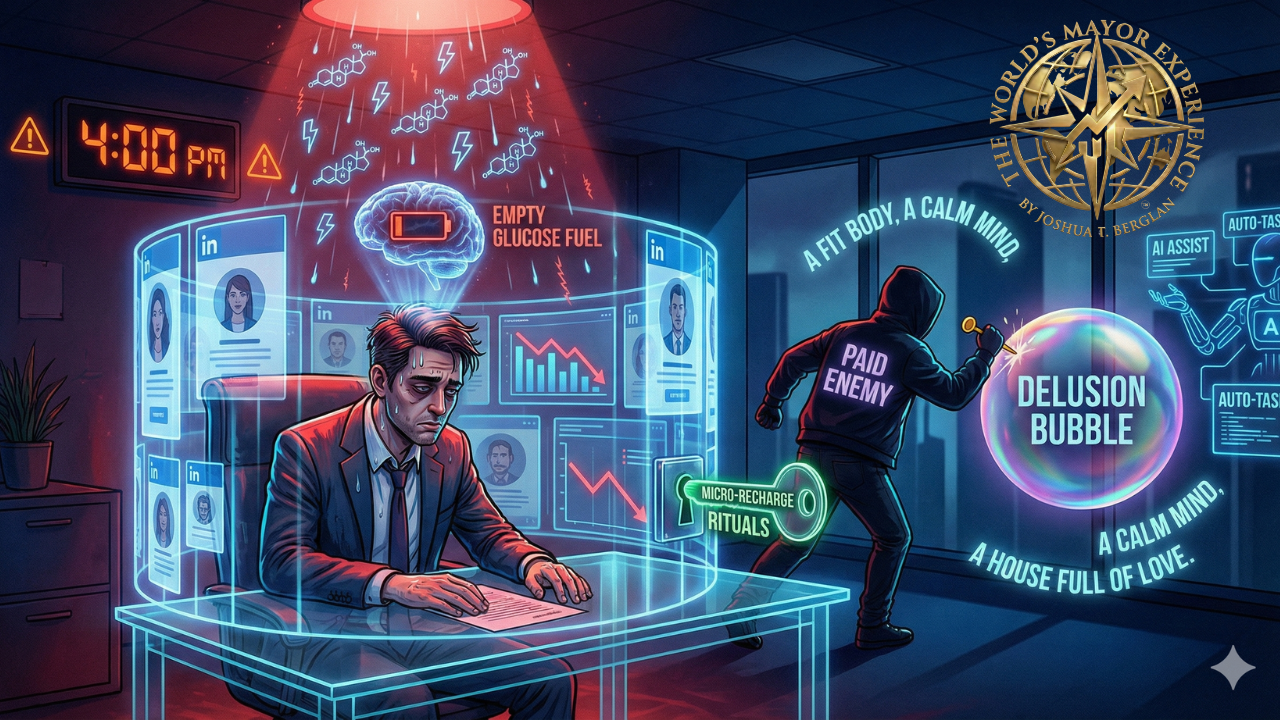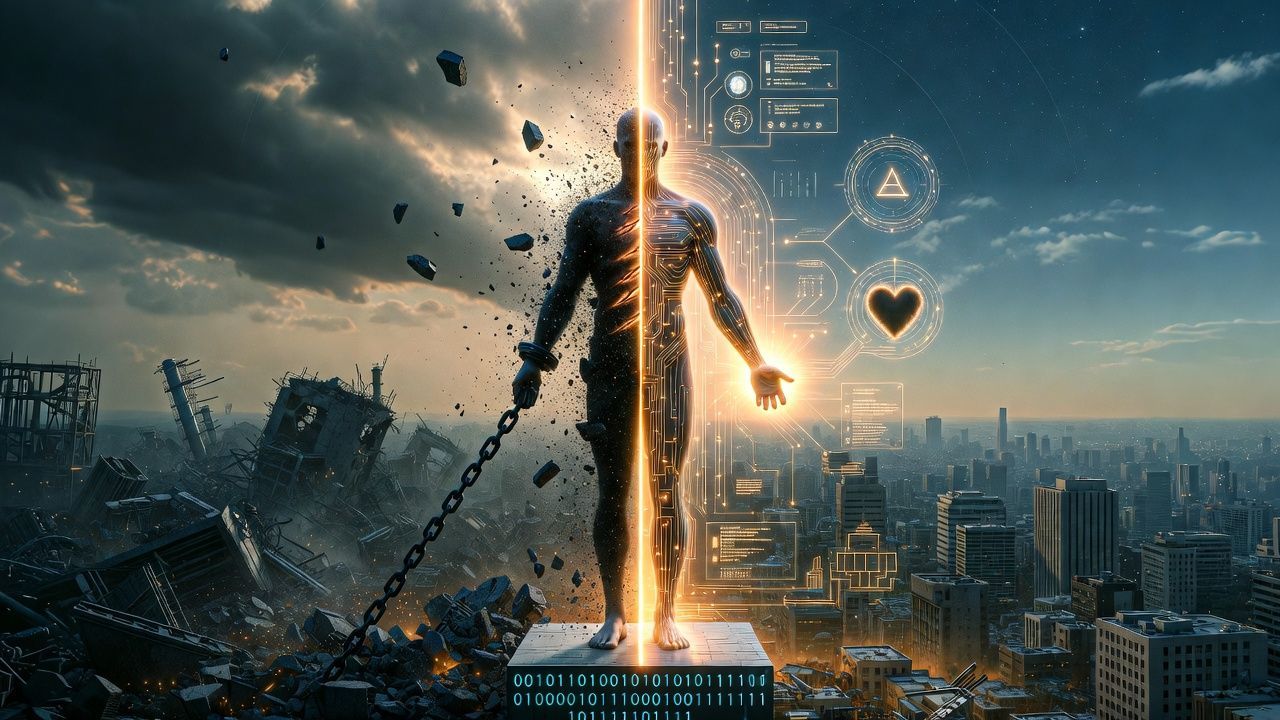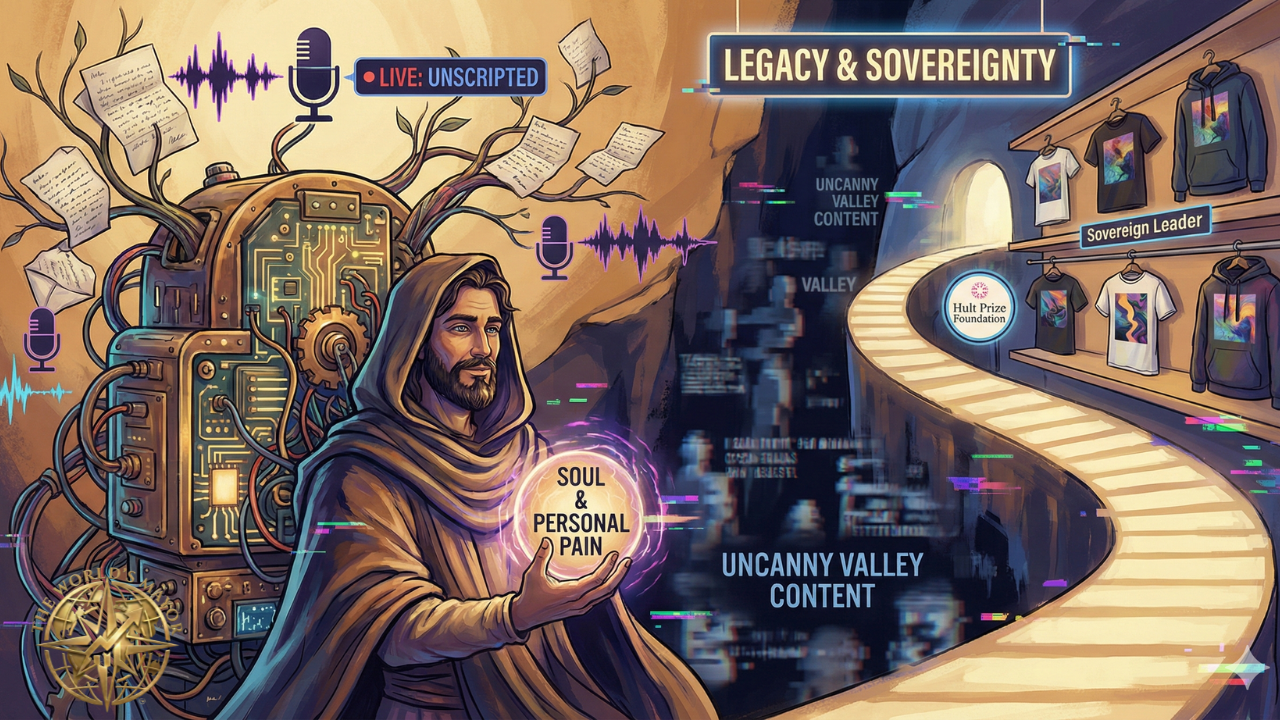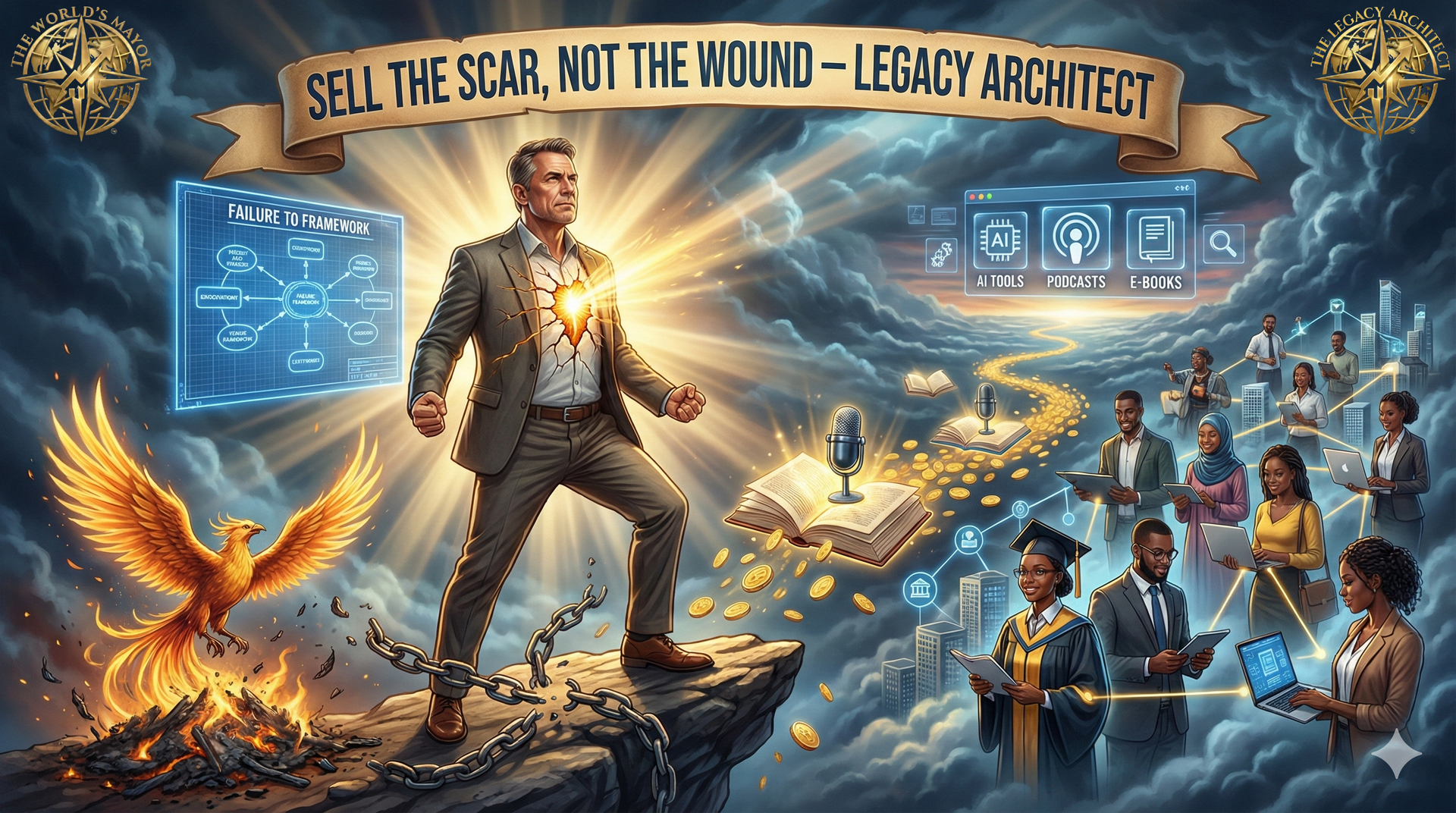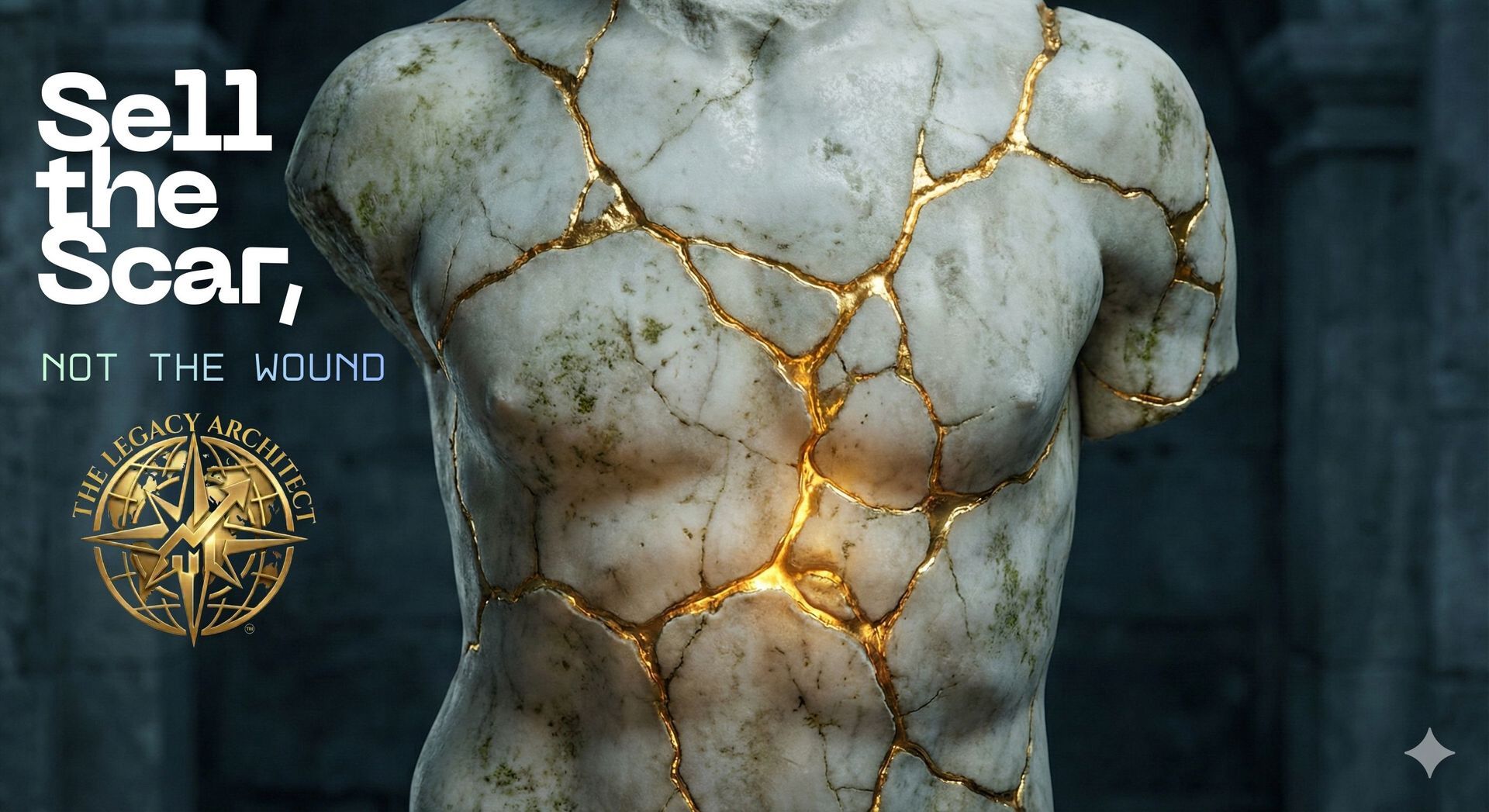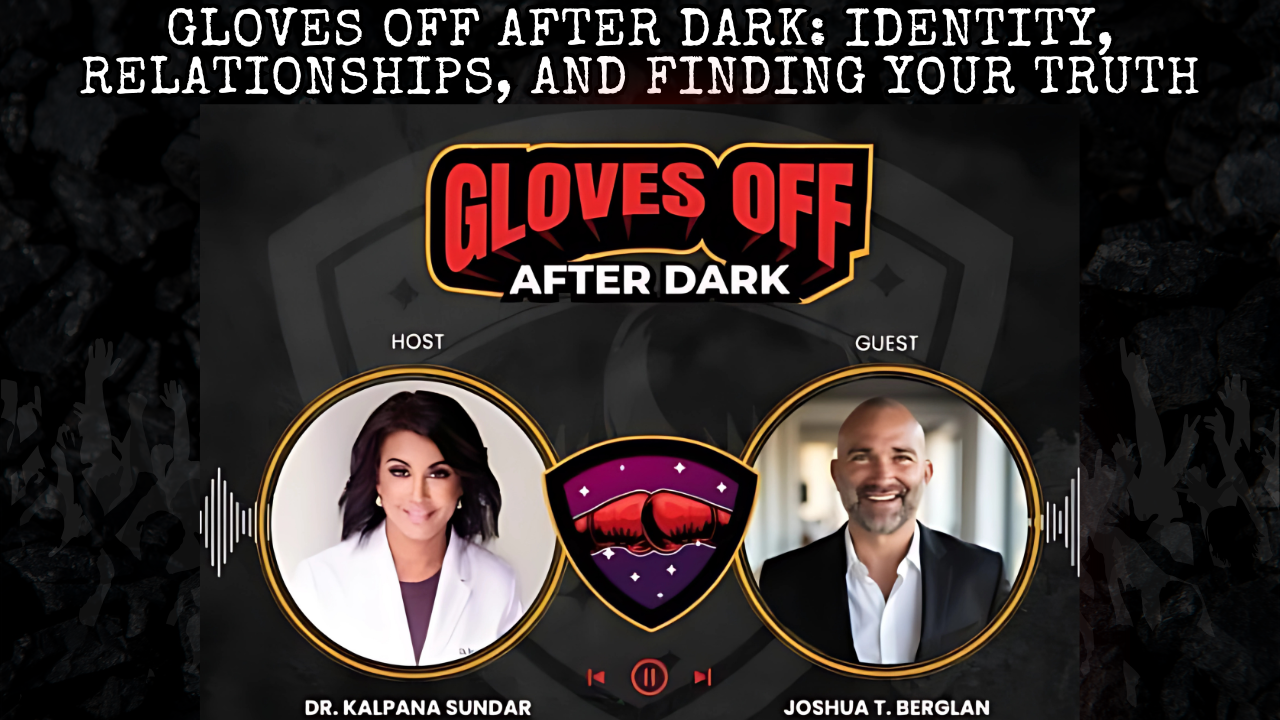Dr. Kalpana Sundar:
What happens when spirituality is weaponized? Well, believe it or not, there's actually something called spiritual gaslighting. We hear about gaslighting all the time when it comes to relationships, but more often than not, there's a lot more spiritual gaslighting going on than you'd realize. I learned all about this when I moved to California, which was new. So, welcome to "Gloves Off After Dark." I'm your host, Dr. Kalpana Sundar, and with me is my trusty co-host, Joshua T. Berglan, the world's mayor. And we love talking about polarizing topics like this. And I love it because we come from different backgrounds, we have different views, but I think we share the same view on this one. So, "Gloves Off After Dark." We created this because we knew that there was a lot of stuff out there that people don't want to talk about. And you know what? There are things that just don't come out in the daytime. So, the truth sometimes comes out when the lights go off. So, that's what we're doing here. So, what comes to your mind, Josh, when I say spiritual gaslighting? What comes to your mind?
Joshua T. Berglan:
Well, we do come a completely different background on this, because you know I spent some time as an evangelist, and I mean, so I have a lot of different examples to give. But the most challenging one for me, and of course, I was blinded by this because of how I was trained and raised in ministry, as far as when I was, not, I wasn't, let me be careful. I wasn't raised in ministry, but when my, when I started, when I turned my life around, when I started that process, I fell into, I was in a, the Word of Faith movement, the faith healing. Um, I had a supernatural experience that changed my life, and it's well documented. It's in my book, uh, "A Fight for Me and the Devil Inside Me." But, you know, that I had a supernatural experience, and that's ultimately what it took to change. And I, it's a crazy story. It would take an hour to tell it. I won't go into that. But I was, like, at a supernatural way of thinking. Like, I believed in the miraculous. I believed in miracles, the gifting, all those things. And the ministry that I fell into was all about that leg lengthening, laying hands, praying in tongues. And so, I've got a lot of content here. And before I say a word, I want to make this very clear: The last thing I will ever do is say something that would interrupt someone else's faith walk because it is a faith walk. And regardless of what your belief system is, it is a faith journey. Heck, waking up and going out your front door is a faith journey at this point. So, I'm not going to say, like, I have nothing bad to say about any religion, any belief system at all. I will share honestly, however, about my experiences. And I am very qualified to speak of my experiences because I lived them. I've been hurt by them. I know what it's like. I know the things that I did, thinking that I was doing right. I know the evil that I did, thinking it was right. So, I'm going to speak only from my, my experience, but I am not going to lash out at anyone's belief system at all. I want to make that clear. So, with that said, the one thing I will tell you is being raised in this supernatural, like, raised as in I was a baby, new in faith, new in my walk, new in my journey, new in my surrender journey. And so, I was susceptible to everything. I had a supernatural experience. So, of course, I believed that somebody could grow someone's legs. Of course, I believed, like, I could lay hands on somebody and they would fall out. I, I, I believed, I believed in all of that because it took something supernatural to turn my life around. And getting in ministry and allowing me to see behind the scenes of how certain things looked, I have a journalist mind. So, I would start to ask questions. I would start to question what I was being taught. And this is one of the things I want to talk about now. Prayer language. Praying in tongues. One of the air biggest areas of spiritual gaslighting I experienced was this.
Dr. Kalpana Sundar:
So, I'm sorry to hold what is praying in tongues? I don't even know what that is.
Joshua T. Berglan:
So, take, okay. Well, so, the belief is that, so, there's being saved in the Christian faith. Okay. Like, when you, some people in the mega churches, they raise their hands. Some people go up front. Some people, you know, pray with somebody and surrender their life to Jesus. Mhm. Um, there's a prayer, but then there's another level to it they say. Okay. And that is baptism by fire. That is when you get baptized by the Holy Spirit. And typically, it is a pretty wild experience. And I've seen it taught a lot of different ways. It's, there's a mix of deliverance, which is almost like an exorcism. But then there's also specific prayers that people pray over you. Again, it's done differently by a lot of different places. But in my experience, and I'd been through a few baptisms by fire. Um, and each experience was dramatically different. But the one that I really want to talk about was I was in a ministry class. I was being taught, you know, different things about ministry and how to, to, to, to be able to pray properly, pray for people, how to properly just steward an audience to be able to speak the Word of God. And you know, and I was being taught a lot of different lessons, and it was powerful stuff, powerful, powerful. A lot of focus on the spiritual world, the demonic, demons, angels, all that stuff. And it gets out there like it does. But in the, when you're there and you're surrounded by people that are just desperately, they've been broken, they've been, they've been prostitutes, they've been addicts, they've been abused, they've been used, and people are broken. And then they see this, they have this faith in the miracle and the belief in it. So, they're all in, right? Because they want to be saved. They want to, they want to be free from, trust me, as somebody that I, "Devil Inside Me," I wanted to be free from it. But the prayer language thing is when they do this baptism by fire, and I, I'll spare you all the details, but one of the things that they say is, once you have the baptism by fire, you can pray in tongues. Do you know what I said? No, you don't. You don't. You have no clue. Neither do I. Um, and but when you're told that you're, what, you're in these prayer language classes that they offer because, again, if you're going to have the baptism by fire, you need to learn how to pray in the Holy, praying in the Holy Spirit, but then you're going to be able to teach others. This is why you take the classes so you can teach others. But I kept saying, "I've been baptized by fire. My tongue's not wiggling. Where's the Holy Spirit?" "You just have to do it in faith." "Wait a second. What do you mean, 'do it in faith'? I thought the Holy Spirit was supposed to move my tongue." "No, that's me doing that. That's not the Holy Spirit." "You have to do it in faith, and you're going to do it with the Holy Spirit." "Like, but that's not what you said. You said when I did this baptism by fire, when I did all these crazy confessions, when I did all this stuff, I was going to be free, and then the Holy Spirit could take over my body, and I would be just like Jesus, and I would have all the gifting, and I would be able to do this. But then now you're telling me I need to move my, my tongue in faith." And so, I argued, over and over, "You're just, you don't have big enough faith. Your faith is not big enough."
Dr. Kalpana Sundar:
So, you, you got spiritually gaslighted when you were very young. For me, it didn't happen till I was much, much older. And, and I think it's really interesting because our contrast is quite significant. I was raised as Hindu. So, what you're talking about, I don't even really know much about these. I mean, I know generally about this, obviously, growing up in the US, but I was raised Hindu. So, I don't, you know, these things were always kind of foreign to me in many ways.
Joshua T. Berglan:
It's totally different. I, I mean, there's so many examples to give. It's just, it's, and it's endless. That's one small thing, like the fake, the fake leg lengthening. Oh, yeah. We did things for all the stuff. And like, one thing that, that move, that church movement speaks a lot about is witchcraft. I kid you not. We took piles and trash bags of bills in a trash can in the auditorium and walked around it and prayed in tongues for an hour as it burned. And we were praying, believing all of our debt would be wiped away because somebody got a prophetic word that the head preacher did, got a prophetic word that if we did this in faith and circled around it. Looking back at it, because I know a lot of witches and warlocks and people like that, too, I'm going, it's the same thing they do. It's just a different name. It's, it's, it's the same thing. But more importantly, did the debt go away?
Dr. Kalpana Sundar:
No.
Joshua T. Berglan:
Oh, yeah. No, not for, not for anyone that was in that room that day. And I do, and that was five years ago, six years ago. And yeah, there, everyone I know is in the same situation they were before.
Dr. Kalpana Sundar:
Wow. Well, so, here's the thing. I mean, I think some, a lot of this starts with the person wanting to be saved, right? There is the perfect target for all of these people, whether it's religious fanatics or spiritual healers or whatever. That's just really what I have seen because right there when you're in that situation where you're just, you feel like you need something outside of yourself to help you get to where you want to be. And that's how it started for me because I was going through some really dark places in my life and some real difficult things. And then I moved to California just feeling it was the right thing to do, but not really knowing. And, you know, and then there's all kinds of these, you know, spiritual healers, channelers, this, that and the other thing. I didn't really even know what these things were, to be honest with you, till I got to California. I got a real, uh, real education in it. And of course, naturally, because I was in that situation, I wanted to be saved, you know, I fell victim to a lot of these kind of things. And they're not cheap, you know, and they love it when you've got money because then they can really exploit the hell out of you and tell you all kinds of crap. And you know, then I started to realize that, you know what, maybe I really need to find this within myself. I mean, I don't disagree with spirituality or religion or any of that. I just disagree when it's exploited to be used against people.
Joshua T. Berglan:
Yeah. And it, and it is. And that's, you know, part of the questions that started to get me in trouble in ministry. And this is what made me walk away, is I was doing all the things that I was asked to do. Get in the word. I mean, I still read the Bible. I, I, I do even and I, but I read parts of the Bible, too, that have been removed because the Gospel of Thomas, I think, is extraordinary. It's a book on self-mastery. And I don't believe Jesus was, I, I think believe Jesus taught, like, you know, like we need to take some personal responsibility and quit, instead of blaming the devil, like, you know, and like we need to take, we need to take accountability for our own actions. The Gospel of Thomas, if people can, like, actually spend time with it, that's where every self-mastery book on the planet was derived from. Interesting. I promise you it's, it's, and I also believe, but what that does is it takes the church out of it. It takes, it takes that, that part out because you don't need to go to church to connect to God. Is church a good thing? It absolutely can be for people. Yeah. It can be because community is everything.
Dr. Kalpana Sundar:
I actually think that's, so, here's the thing. I think, in different parts of our evolution, we may need different things, you know. So, when you're going through some tough patches and you're trying to find a sense of community to kind of keep you in the straight and narrow, when you may veer off and do something different, I could see that it's very, very useful.
Joshua T. Berglan:
I want to add something really quick for, and this is kind of a weird thing to say, but for all the people that are scared of losing their jobs and all the things that are going to happen in the future, I will tell you this right now. The sooner you get comfortable with the truth, the sooner you're going to recognize the opportunity that you have... Freedom is truth.
Dr. Kalpana Sundar:
Yeah, that's a whole another view. Well, thanks Josh, for joining me. This was a fun episode. Got we got all kinds of different topics covered here. Well everybody, we do this once a month. So stay tuned for November's episode of "Gloves Off After Dark."








